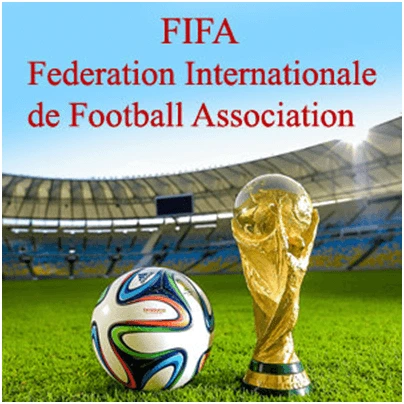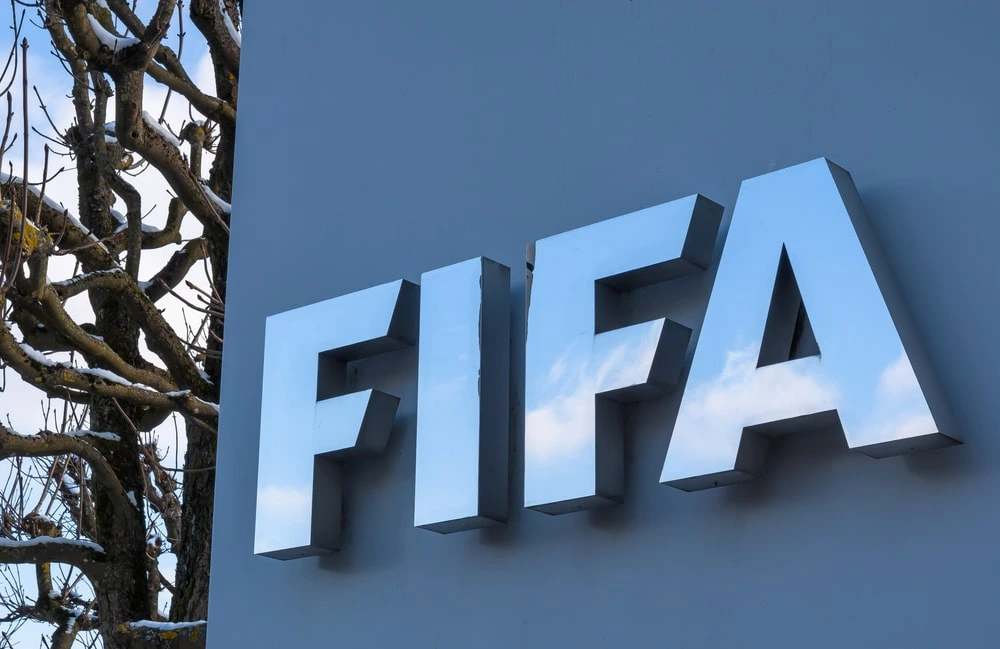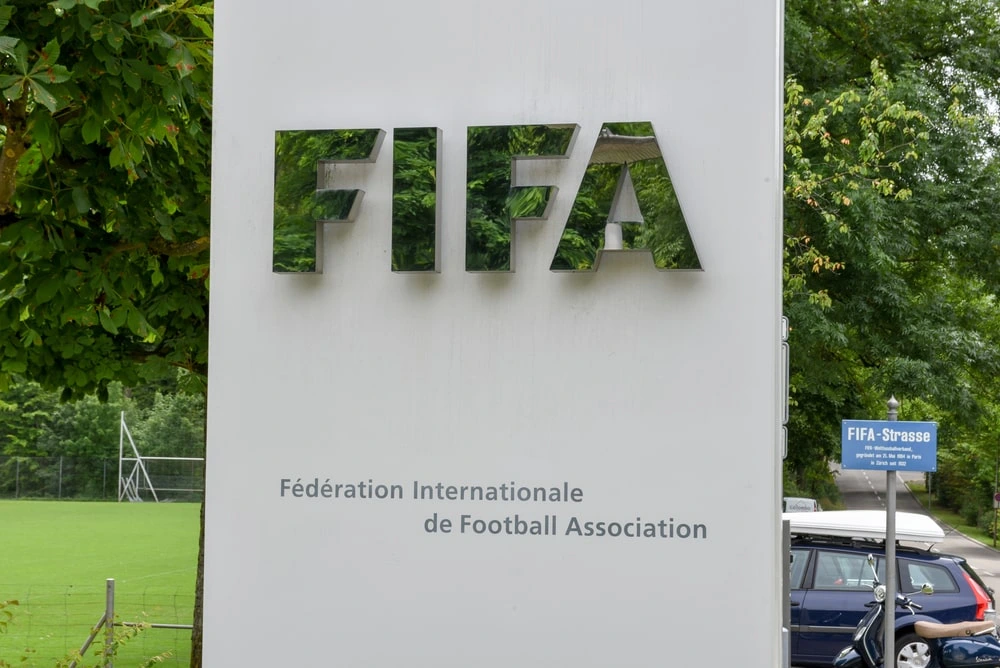Football
What does FIFA stand for?
Welcome, football enthusiasts and avid gamers! Have you ever found yourself wondering what the acronym FIFA truly stands for? In this blog post, we are diving deep into the fascinating world of FIFA to uncover its origins. Get ready to be intrigued, amazed, and enlightened – because FIFA is so much more than just four letters.
What Is FIFA?
FIFA, or the Fédération Internationale de Football Association, is a non-profit organization that governs and oversees international football (soccer) competitions. Founded in 1904, FIFA is responsible for organizing some of the most prestigious and globally recognized tournaments in the world of sports, including the FIFA World Cup.
As the governing body of football, FIFA’s main objective is to promote and develop the game at all levels. This includes setting rules and regulations for international matches, managing player transfers between clubs, and ensuring fair play among all member associations.
One of FIFA’s most well-known responsibilities is organizing the quadrennial World Cup tournament. The first-ever World Cup was held in 1930 with just 13 teams participating. However, it has now grown to include 32 teams from around the world, making it one of the largest sporting events on the planet. The host country is selected through a bidding process where countries compete to showcase their ability to organize this global event.
Apart from the World Cup, FIFA also organizes other major tournaments such as the Women’s World Cup, Confederations Cup, and Club World Cup. In addition to these major events, there are numerous regional championships organized by each continent’s respective confederations under FIFA’s umbrella.

FIFA consists of six confederations representing different regions around the world: AFC (Asia), CAF (Africa), CONCACAF (North America), CONMEBOL (South America), OFC (Oceania), and UEFA (Europe). These confederations work closely with FIFA to ensure that football continues to thrive in their respective regions while adhering to FIFA’s rules and regulations.
How Does FIFA Impact the World of Football?
One of the most significant ways that FIFA impacts the world of football is through its organization of international tournaments such as the World Cup, which is held every four years.
The World Cup is one of the most-watched sporting events in history, with billions tuning in from all corners of the globe to watch their favorite teams compete for the ultimate prize. This tournament not only brings together players and fans from different nations but also generates massive economic benefits for host countries, boosting tourism and creating job opportunities.
Furthermore, FIFA’s regulations and rules have a direct impact on how professional football is played around the world.
From setting standards for player transfers to implementing guidelines for match officials and disciplinary actions, FIFA plays a crucial role in maintaining fairness and integrity within the sport. Its decisions can have far-reaching consequences on individual players’ careers as well as overall club performances.
Another way that FIFA impacts football globally is through its development programs aimed at promoting grassroots participation in underprivileged communities.
These initiatives provide young players with access to training facilities, coaching resources, and educational opportunities to help them develop their skills while instilling values like teamwork and sportsmanship. By investing in these programs, FIFA contributes to growing talent pools worldwide while also promoting inclusivity within the sport.

Moreover, FIFA’s influence extends beyond just professional football; it also shapes how people perceive this popular sport. With its focus on fair play, respect for diversity, and promotion of social responsibility through campaigns like “Football for Hope,” FIFA sets a positive example for other organizations to follow. The values promoted by FIFA are essential not only within football but also in society as a whole.
Controversies Surrounding FIFA and Its Actions
FIFA, the international governing body of football, has long been embroiled in controversies and scandals that have rocked the world of sports. From allegations of corruption to human rights abuses, FIFA’s actions have often come under scrutiny and sparked heated debates. In this section, we will delve into some of the most significant controversies surrounding FIFA and shed light on its questionable actions.
1. Corruption and bribery
One of the biggest controversies surrounding FIFA is its history of corruption and bribery within its top officials. In 2015, fourteen high-ranking FIFA executives were arrested on charges of racketeering, wire fraud, and money laundering.
The case exposed a widespread culture of corruption within the organization, with millions of dollars in bribes being exchanged for lucrative broadcasting deals and hosting rights for major tournaments like the World Cup. This scandal not only tarnished FIFA’s reputation but also raised serious questions about its ethical standards and governance.

2. Select World Cup host
Another contentious issue that has plagued FIFA is its selection process for World Cup host countries. Over the years, there have been numerous allegations that FIFA officials accepted bribes from bidding nations in exchange for their vote to host the coveted tournament.
This has led to accusations that smaller or developing countries with weaker economies are at a disadvantage when it comes to securing hosting rights compared to wealthier nations who can afford to offer more attractive incentives. Furthermore, there have been concerns about human rights violations in some host countries during preparations for the World Cup, such as poor working conditions for migrant workers building stadiums.
3. Racism in football
In recent years, FIFA has faced criticism over its handling of racism in football.
Despite implementing anti-discrimination policies and campaigns aimed at promoting diversity and inclusivity in the sport, many argue that these efforts fall short when it comes to addressing structural racism and discrimination within football institutions. There have also been instances where players were subjected to racist abuse during matches with little action taken by FIFA or national football associations.

FIFA’s actions have often sparked controversy and raised questions about its integrity and commitment to promoting fairness and inclusivity in football. It is crucial that it takes steps towards addressing these issues and upholding its responsibility as the governing body of the world’s most popular sport.
Conclusion
FIFA is responsible for overseeing and governing all major football events and tournaments around the world. From its humble beginnings in 1904 to becoming one of the most influential sports organizations today, FIFA has played a crucial role in promoting and developing the sport of football on a global scale. As we continue to witness its impact on the world stage, it is clear that FIFA’s influence will only continue to grow in years to come.
FAQs
The words football and soccer are technically both correct. They refer to the same sport. The word ‘soccer’ is a British export, which was used for many years before football was globalized.
The Fédération Internationale de Football Association (FIFA) was created in 1904 by seven European nations, namely Belgium, Denmark, France, Netherlands, Spain, Sweden, and Switzerland. Its headquarters are currently located in Zurich, Switzerland.
The Swiss-Italian Infantino has been FIFA’s president since February 2016. He was reelected in June 2019 and March 2023. He was also elected to the International Olympic Committee in January 2020.





